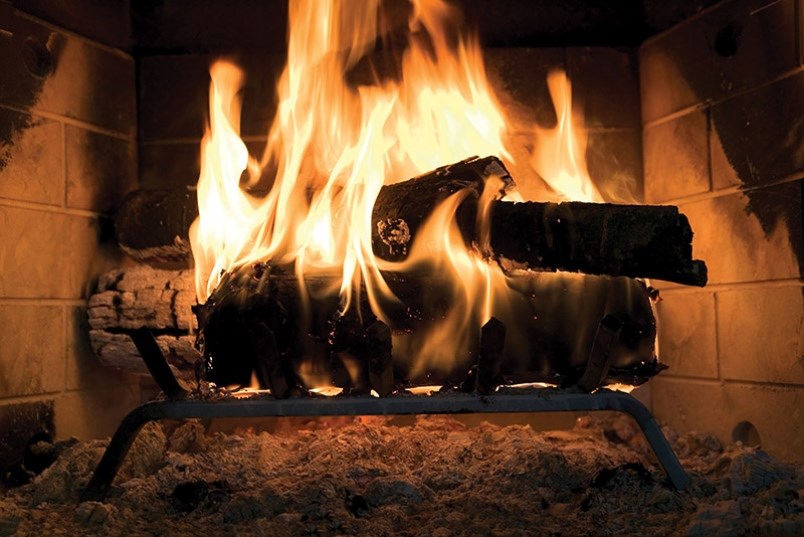The Editor,
Re: “Metro Van ponders new wood-burning rules” (Feb. 3, The Tri-City News).
If we look carefully at the source of heat energy in our human habitat, a large portion of energy sources are fossil fuels. Fossil fuels are known to produce seriously toxic gases, including carbon dioxide and carbon monoxide plus hundreds of micron-sized toxic chemicals. Even dams for supposedly clean hydroelectric power are built with a huge amount of concrete, produced with fossil fuel. Most of those toxins created daily are not recyclable for many years.
The wind turbine power generator was developed more than a century ago to reduce air pollutants and now the technology has grown to cover some 5% of power consumption in North America without emitting pollutants. But recent studies have discovered that more than 13,000 hoary bats, an important species on this continent, are being killed every year. As a result, this solitary species is on the endangered bats list. Scientists suspect that bats’ natural curiosity may trigger them to approach the blades of wind turbines to inspect. Many other species of bats are also being killed in huge numbers each year, with still unclear reasons. Detailed studies of bat species are presently being conducted by several wildlife conservation groups, universities and governmental organizations in an attempt to prevent such tragedies.
Bats are important allies to humans by harvesting 1,200 flying insects every night, including mosquitoes and other pests, without chemical contamination to the environment.
Solar energy is a promising alternative but a serious weakness of the system is relying on sunlight. Locations with a lot of sunlight certainly have excellent, clean benefits but western Canada does not greatly benefit from solar-powered electric power generators due to limited sunlight.
Thinking about all of these negative effects, wood burning may be one of the more benign ways to create warm air to comfort our living for now. The natural scent of burning wood makes me remember my boyhood. The key advantage of wood burning is its natural recycle system. Tiny particles and carbon dioxide in the exhaust will eventually be deposited and absorbed in surrounding vegetation and Earth in a natural recycle process. Ash from burned wood is a beneficial byproduct for plants and garden vegetables.
Some wood burning fireplaces may create heavy smoke due to an inefficient burning process and may reach human habitation as pollutants. But now there are a variety of new designs of wood-burning stoves available that burn more efficiently with reduced pollutants. By using additional heating or heat-retention technologies such as bricks surrounding the stove to store heat for a longer period of time, wood burning can be more beneficial than fossil fuels.
I sincerely hope government does not simply ban all wood burning heat generators but they examine the new technologies of heating equipment.
K. Takahashi, Coquitlam



